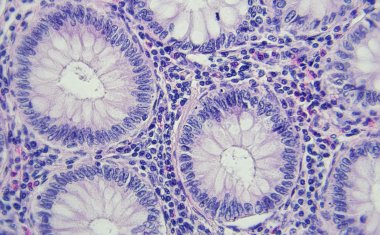Oxy Low Carbon Ventures and Cemvita Pilot Bio-ethylene Process
Oxy Low Carbon Ventures (OLCV), a subsidiary of US-headquartered multinational energy company Occidental, and bio-engineering start-up Cemvita Factory plan to build and operate a pilot plant to test their jointly developed bio-ethylene technology.
The facility, which is expected to start operating in 2022, will have a capacity of 12 t/y. The companies did not disclose where the pilot plant would be located.
OLCV said the project will scale up the process, which has been successfully demonstrated at laboratory scale with tests also showing that it is competitive with ethylene produced from hydrocarbons.
“This technology could provide an opportunity to offer a new, non-hydrocarbon-sourced ethylene product to the market, reducing carbon emissions, and in the future benefit our affiliate, OxyChem, which is a large producer and consumer of ethylene in its chlorovinyls business,” said OLCV’s vice president of technology Robert Zeller.
Currently, bio-ethylene is made from bio-ethanol, produced from sugarcane. Cemvita’s co-founder and CEO Moji Karimi explained that the bio-synthetic process developed with OLCV requires just CO2, water and light, saving “a lot of cost and carbon emissions.” He commented: “This project is a great example of how Cemvita is applying industrial-strength synthetic biology to help our clients lower their carbon footprint while creating new revenue streams.”
OLCV invested in Cemvita in August 2019 so that the companies could work together to discover how synthetic biology could be used to make OxyChem’s products and decarbonize production.
The Houston-based biotech’s platform leverages the biomimicry of natural processes to sustainably produce chemicals and polymers, as well as optimizing low-carbon bioprocesses for industries such as mining and oil & gas.
Karimi said Cemvita has an ambitious goal to take one gigaton of CO2 out of the carbon cycle by 2050.
Author: Elaine Burridge, Freelance Journalist







